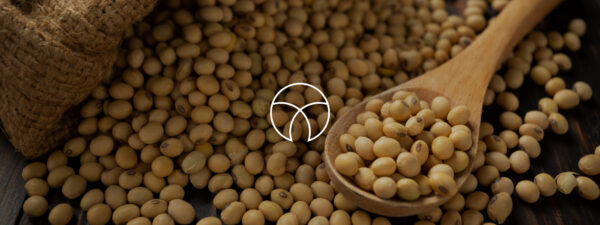- The US has lifted 40% tariffs on Brazilian agricultural products, with the decision covering imports from November 13.
- The move is of great commercial significance given Brazil’s role in coffee and beef supplies.
- The decision comes amid pressure from high food prices and does not include sanctions against Brazilian officials.
Trump lifts tariffs and opens the way for Brazilian supplies
On Thursday 20 November 2025, President Donald Trump signed an executive order removing 40% tariffs on selected agricultural products from Brazil, including meat, coffee, cocoa and fruit. The tariffs were originally introduced in July as a means of putting pressure on Brazil following the trial of former president Jair Bolsonaro.
According to the order, the removal of duties applies to imports made since 13 November and may result in the refund of duties already collected.
In trade terms, the decision has a significant impact: Brazil accounts for around a third of US coffee imports and its market share of beef, especially that used in burgers, is growing rapidly.
For importers, this means the possibility of speeding up shipments of coffee backlogged in bonded warehouses, something that commodity market analysts are already signalling.
Political risks and impact on the US trade balance
The decision to remove tariffs fits into a broader picture, as high food prices in the US were a significant part of the decline in support for Trump after his return to power. Reducing the cost of agricultural imports could be a move to alleviate inflationary pressures while also serving to improve his image in the election campaign.
While the move strengthens trade relations with Brazil, the question of the use of sanction tools against Brazilian officials remains. The decree does not repeal sanctions under, among others, the ‘Global Magnitsky’ law against those associated with the process against Bolsonaro.
For Brazil, this signals a rebuilding of trade with the US and a potential increase in its share of the US market, as emphasised by the Brazilian meat industry group.








